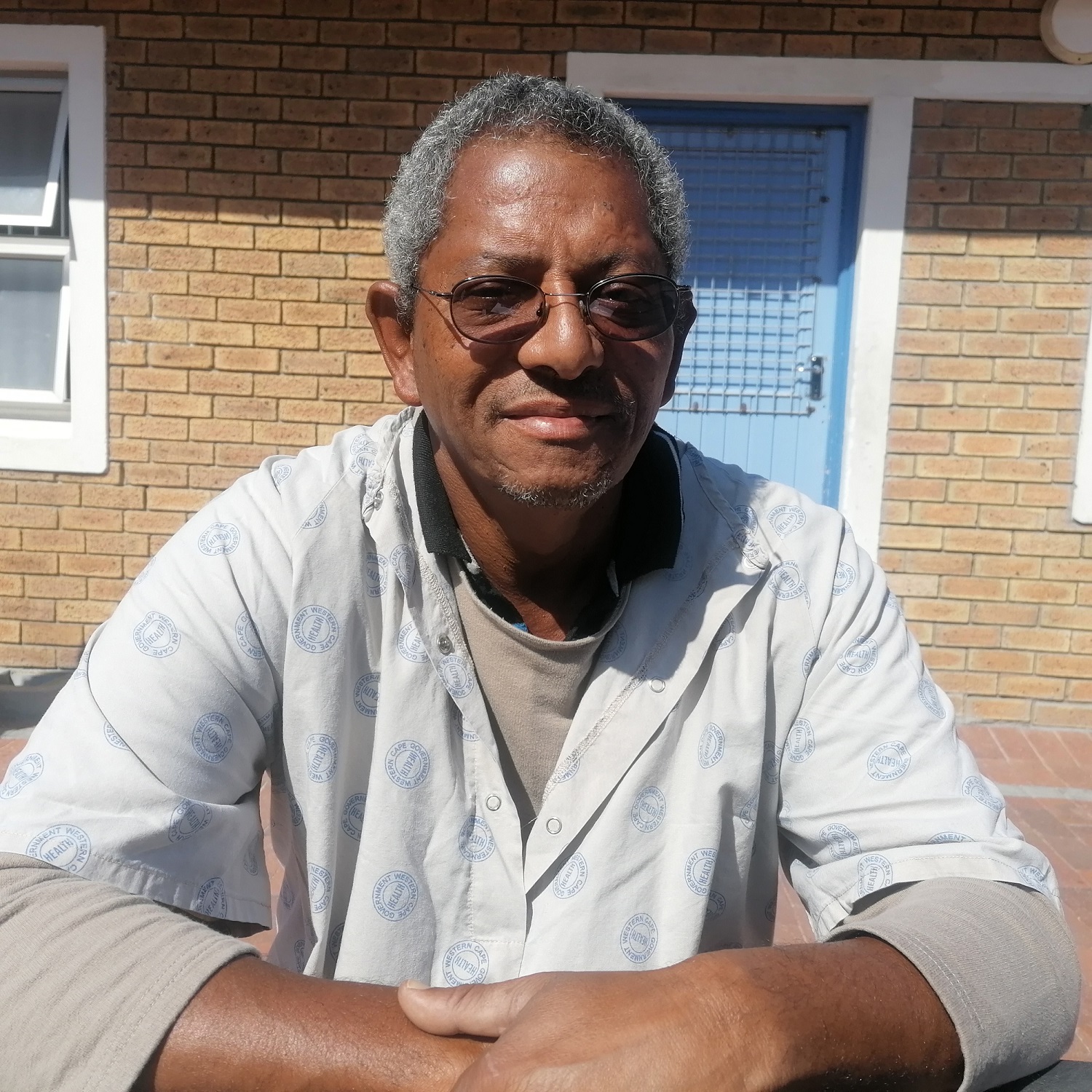
News
World Bipolar Day – Bipolar Disorder can be managed with treatment
World Bipolar Day is commemorated on 30 March 2022 and aims to raise awareness about this condition, address stigmatisation, and encourage people to seek help for mental health conditions.
“Bipolar Disorder is a mental illness with two phases. In the manic phase you can be loud, busy and delusional. During the depressive phase you don’t feel like engaging, can feel sad, and sometimes sleep a lot. It is an illness that requires life-long treatment. If you don’t seek and continue with treatment, your condition can become worse and you can put yourself at risk” explains Dr Cornecia McClean, Psychiatry ward, Eerste River Hospital.
South African Depression and Anxiety Group(SADAG) describes Bipolar Disorder as a physical illness marked by extreme changes in mood, energy and behaviour. Bipolar Disorder is a mental illness involving episodes of serious mania and depression. The person’s mood usually swings from overly “high” and irritable to sad and hopeless, and then back again, with periods of normal mood in between.
Some of the fast facts identified by SADAG are:
- Bipolar Disorder affects up to 1% of the population in South Africa
- Bipolar Disorder is the sixth leading cause of disability in the world
- Bipolar Disorder is not restricted to any social or educational class, race, or nationality
- Bipolar Disorder was previously known as Manic Depressive illness
- Bipolar Disorder is a physical illness marked by extreme changes in mood, energy, thinking and behaviour
- Bipolar Disorder is typically seen as episodes of deep depression manic highs
- Bipolar Disorder can also affect children, however diagnosis is difficult as many symptoms mimic emotions and other behaviours such as ADHD
- Bipolar Disorder in children significantly impairs functioning in school and at home with the family
56-year-old Mr Gracherd Peterson was diagnosed with Bipolar Disorder in 1982. “I wanted to study Mechanical Engineering but I could not finish matric as I had a phobia for school. My parents did not know what was wrong with me until I went to the clinic to get medication,” says Mr Peterson. He is on treatment for his condition and speaks about it to encourage others to seek help if they think they might need mental health support or might have Bipolar Disorder.
“Patients with untreated Bipolar Disorder can feel angry and aggressive. They can do things that are a high risk to themselves, have lots of energy, some stop eating and become dehydrated. It can be very dangerous to your health if you don’t seek and maintain treatment,” says Dr Jacky Jenkins, Psychiatry Ward, Eerste River Hospital.
Sometimes seeking treatment requires the patient’s family to support them and take them to the clinic. “When patients come to us, they are sometimes very guarded and it helps if a family member escorts them and can tell us what happened. We will talk to both the patient and the family member to assess their condition and to identify possible signs of mental health conditions, such as Bipolar Disorder,” says Sister Carryn Stephens, Advanced Psychiatric Nurse, Gustrouw Clinic.
If you or someone you know lives with a mental health condition, you can go to your local clinic where a health worker will assess you and offer initial treatment. According to SADAG, possible signs that you may need help or treatment for Bipolar Disorder, include:
- Needing little sleep yet having great amounts of energy.
- Talking so fast that others can’t follow your thinking.
- Having racing thoughts.
- Being so easily distracted that your attention shifts between many topics in just a few minutes.
- Having an inflated feeling of power, greatness, or importance.
- Recurring thoughts of suicide or death
- Severe depressions may also include hallucination or delusion
- Problems concentrating, remembering or making decision
- Feeling slowed down or feeling too agitated to sit still
- Feeling worthless of guilty or having very low self-esteem
You can also contact the South African Anxiety and Depression Group (SADAG) to join a support group or for more information. Visit their website to find a support group or to read more about Bipolar Disorder: https://www.sadag.org.


